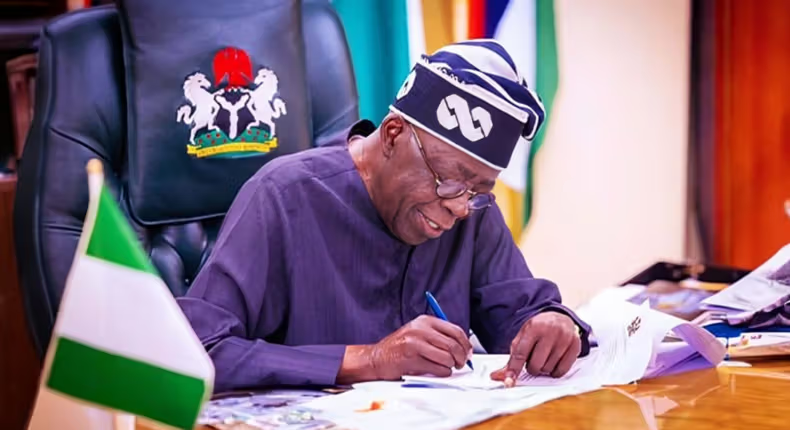The Samoa Agreement, recently signed by President Bola Tinubu, has become a focal point of controversy in Nigeria due to its provisions supporting LGBT rights. This international accord aims to enhance cooperation between developed and developing nations, focusing on areas such as healthcare, education, infrastructure development, and environmental sustainability. However, it also includes clauses that require signatory countries to support the recognition and rights of the LGBT community to receive financial and other forms of support.
Critics argue that the agreement imposes Western ideologies on countries with different cultural contexts, which has led to widespread criticism of President Tinubu’s decision to sign the accord. Social media platforms have seen a surge of dissenting voices, with many Nigerians expressing concerns that the agreement undermines their country’s values and sovereignty.
Proponents, however, argue that the agreement represents a progressive step towards ensuring equal rights for all individuals, regardless of their sexual orientation. They contend that promoting LGBT rights is a fundamental aspect of human rights and should be embraced by all nations.
The Nigerian government, through the Minister of Information and National Orientation, Mohammed Idris, has assured citizens that it would not enter into any international agreement detrimental to the country’s and its citizens’ interests. Idris emphasized that none of the 103 Articles and Provisions of the Samoa Agreement contravened the 1999 Constitution as amended, the laws of Nigeria, or other extant laws.
As the debate continues, the Nigerian government faces the challenge of balancing its commitment to international cooperation and development with the need to respect and uphold its citizens’ cultural values. The controversy surrounding the Samoa Agreement underscores the complex interplay between global standards and local traditions in an increasingly interconnected world.

